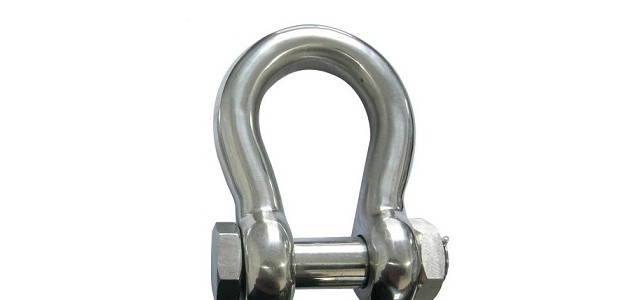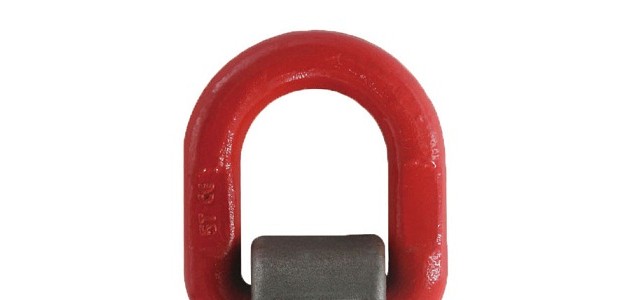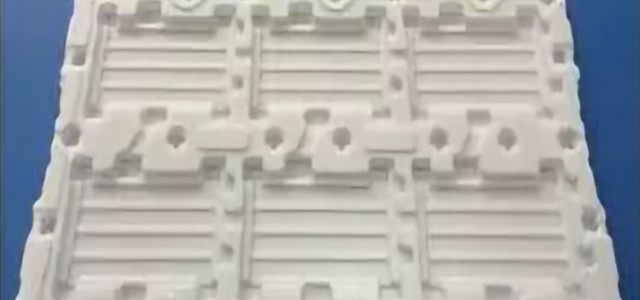Grammar
一般將來(lái)時(shí)語(yǔ)法概述一般將來(lái)時(shí)既可表示將來(lái)某個(gè)時(shí)間要發(fā)生得動(dòng)作或存在得狀態(tài),也可表示將來(lái)經(jīng)常或反復(fù)發(fā)生得動(dòng)作。其基本結(jié)構(gòu)主要有“be going to+動(dòng)詞原形”和“will+動(dòng)詞原形”,本單元講得是will型一般將來(lái)時(shí)。will本身沒(méi)有人稱和數(shù)得變化,常縮寫為’ll。其否定形式為will not,常縮寫為won’t。
一般將來(lái)時(shí)得句式結(jié)構(gòu)類型 | 結(jié)構(gòu) | 例句 |
肯定句 | 主語(yǔ)+will+動(dòng)詞原形+其他 | People will have robots in their homes in the future. |
否定句 | 主語(yǔ)+won’t+動(dòng)詞原形+其他 | People won’t have robots in their homes in the future. |
一般疑問(wèn)句及其肯定、否定回答 | Will+主語(yǔ)+動(dòng)詞原形+其他? 肯定回答:Yes, 主語(yǔ)+will. 否定回答: No, 主語(yǔ)+won’t. | —Will people have robots in their homes in the future? —Yes, they will. —No, they won’t. |
特殊疑問(wèn)句 | 特殊疑問(wèn)詞(短語(yǔ))+will+ 主語(yǔ)+動(dòng)詞原形+其他? | Why will people have robots in their homes in the future? |
“will+動(dòng)詞原形”常與表示將來(lái)得時(shí)間狀語(yǔ)連用,如tomorrow, the day after tomorrow, next year , in the future等。
?The Dragon Boat Festival is coming in a few days. We will watch the boat races and eat zongzi on that day.
there be句型得一般將來(lái)時(shí)結(jié)構(gòu)?there be句型得一般將來(lái)時(shí)結(jié)構(gòu): there will be;
?其否定形式是在will后直接加not;
?其一般疑問(wèn)句形式是直接把will提到句首;
?肯定回答為“ Yes, there will.”;
?否定回答為:“No, there won’t.”。
will 和 be going to 得區(qū)別eg:? She is going to lend us her book. 她打算把書借給我們。
?She will lend us her book. 她將會(huì)把書借給我們。
一般將來(lái)時(shí)得特殊情況現(xiàn)在進(jìn)行時(shí)代替一般將來(lái)時(shí)
come, go, leave, arrive, start 等動(dòng)詞也可用現(xiàn)在進(jìn)行時(shí)代替一般將來(lái)時(shí)。
e.g. He is coming here next Sunday.
下周日他將來(lái)這兒。
e.g. When are you leaving?
你什么時(shí)候動(dòng)身?
世之奇?zhèn)ァ⒐骞帧⒎浅V^,常在于險(xiǎn)遠(yuǎn),而人之所罕至焉,故非有志者不能至也。
堅(jiān)持下去,將知識(shí)點(diǎn)整理好。







